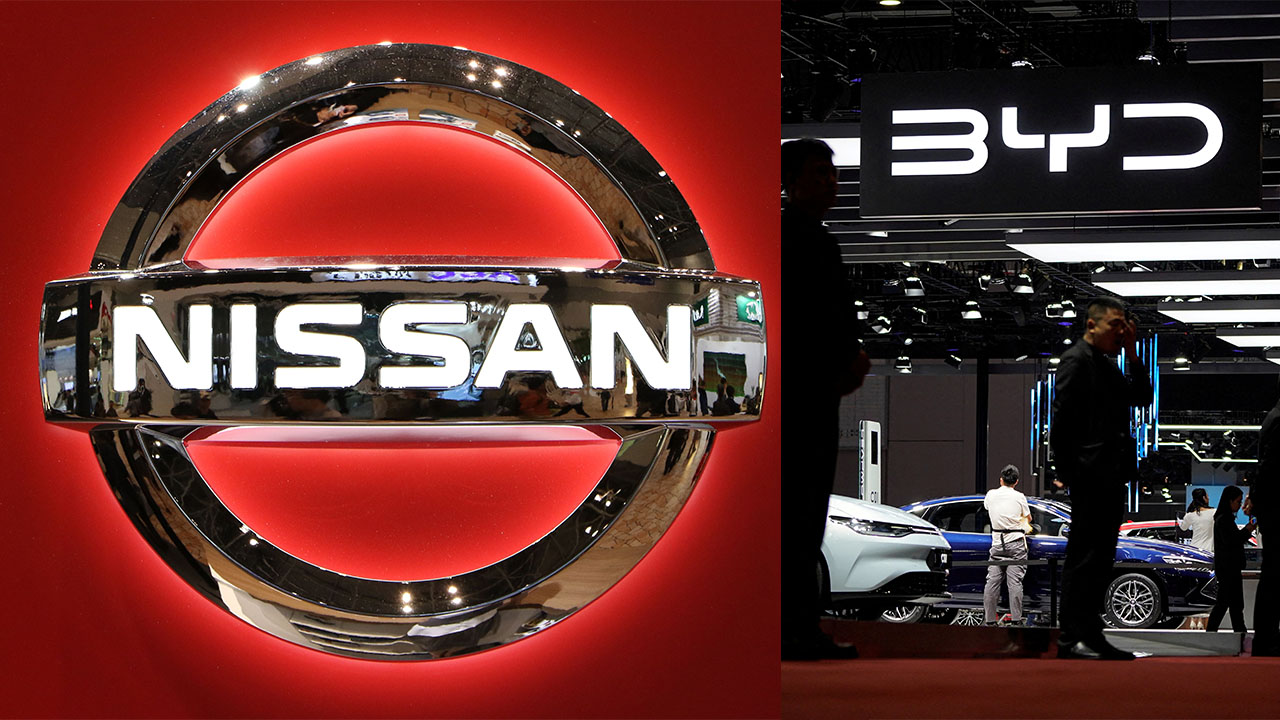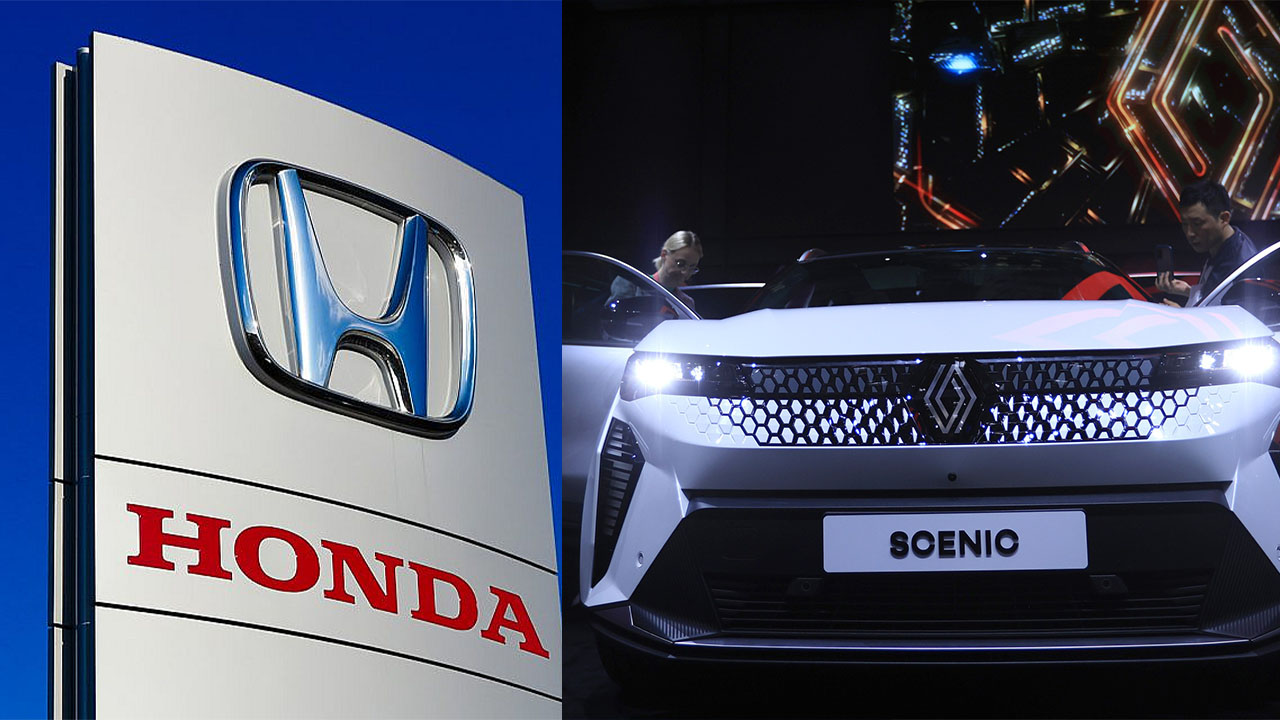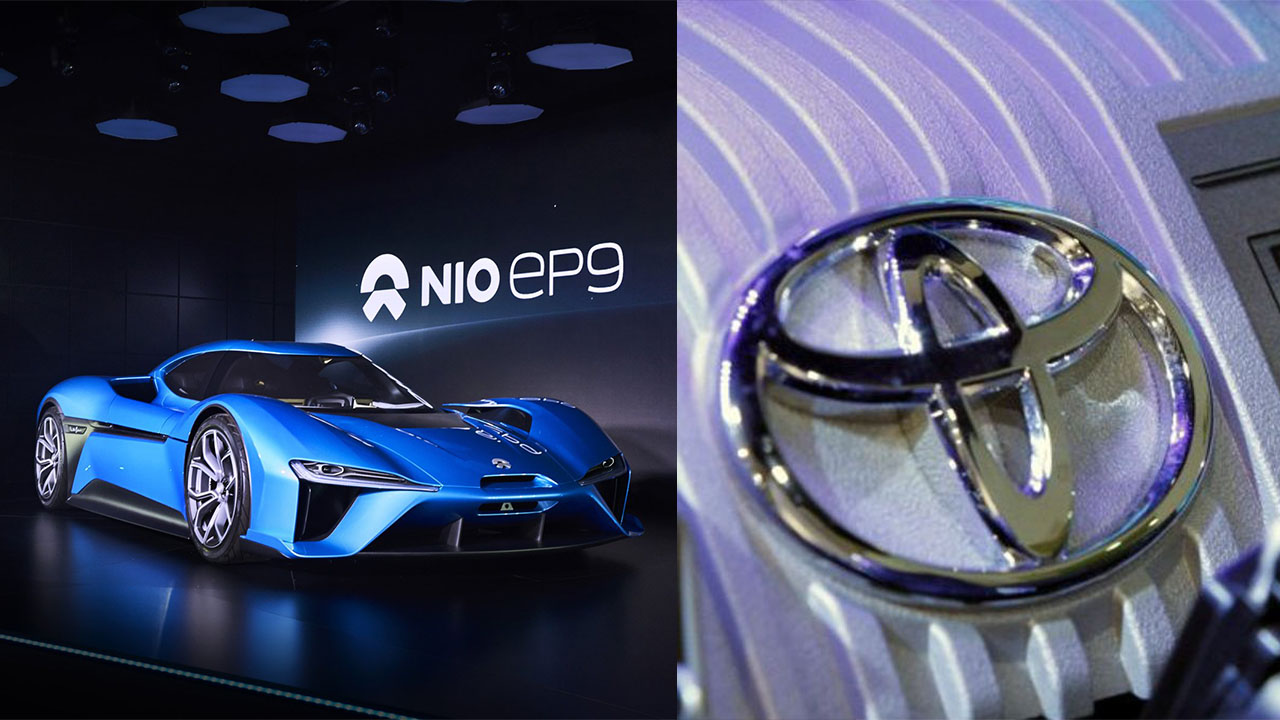Japanese automakers are increasingly partnering with major tech players in a bid to reignite interest among Chinese consumers, as they face mounting pressure from domestic rivals adept at swiftly delivering tech-driven offerings tailored to evolving consumer preferences.
Toyota Motor recently announced a partnership with Chinese tech giant Tencent Holdings, focusing on areas such as artificial intelligence, cloud computing, big data, and social media connectivity. Similarly, Nissan Motor is collaborating with Baidu on AI initiatives, particularly in the development of smart cockpits.
These alliances underscore the urgency for foreign automakers to regain lost ground to Chinese competitors, who have demonstrated agility in introducing tech-centric products that resonate with a discerning local audience.

Japanese manufacturers have responded to this challenge by scaling back production and staffing, with Mitsubishi Motors even exiting the Chinese market altogether.
Consequently, Japanese brands continue to cede market share in China, accounting for 15% of the market in the first quarter—a decline from 21% five years ago.
In contrast, Chinese domestic brands have expanded their share to 53%, led by companies like BYD, which have capitalized on the growing demand for electric vehicles.

According to analyst Tatsuo Yoshida, the current focus in the automotive industry revolves around software-defined vehicles, an area where Chinese automakers have surged ahead. Yoshida emphasizes the pressing need for Japanese companies to accelerate their efforts in this domain.
However, the transition towards tech-driven offerings tailored to Chinese consumers is expected to be gradual, as meeting their preferences necessitates more than just minor adjustments to existing international models.
Therefore, it may take several years for these partnerships to yield tangible results in terms of market penetration and consumer acceptance.







Leave a Reply